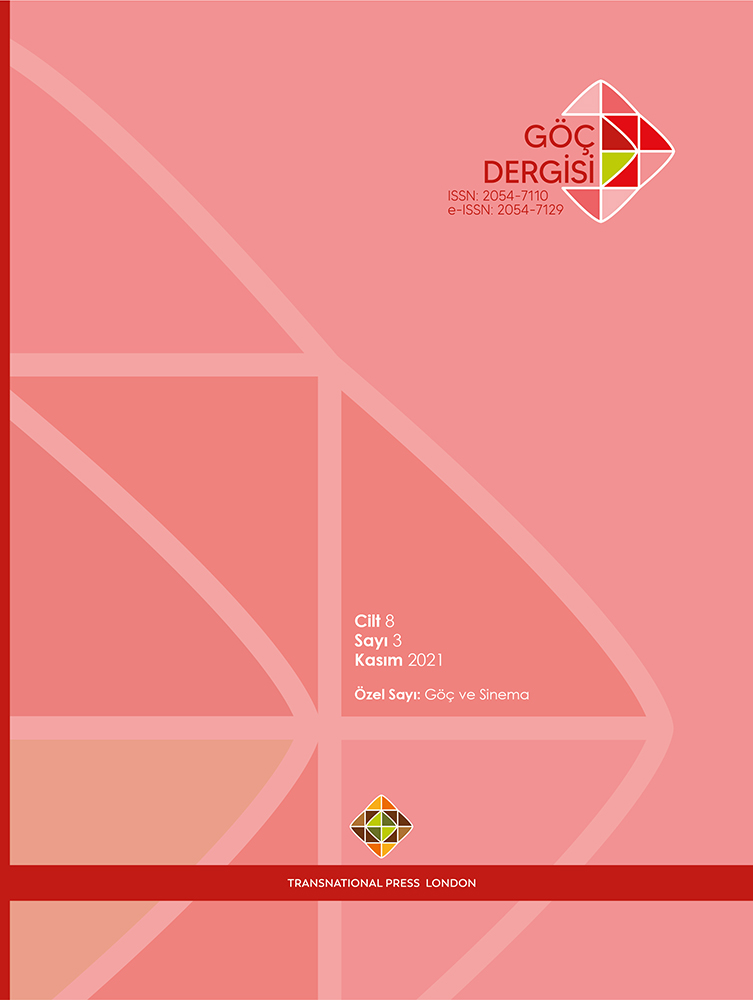Göçün 60. yılında Türk-Alman Sineması: Gözde Naiboğlu ile Röportaj
Turkish-German Cinema after 60 years of immigration: An interview with Gözde Nebioğlu
Author(s): Ayla TorunSubject(s): Film / Cinema / Cinematography, Migration Studies
Published by: Transnational Press London
Keywords: Turkish-German Cinema; Immigrant Films; Migration and Cinema; Labor Migration; Transnational Turkish Cinema
Summary/Abstract: It has been 60 years since 1961, when the first 'guest worker' agreement was made between Turkey and Federal Germany. In this long process, which has passed from the beginning of labor migration until today, immigrants have become settled in the countries they go to, while generations of immigrants have been present in many areas. Turkish-German Cinema, which emerged by kneading the gains brought by immigration and the places where they lived, formed a discipline under the European Immigrant Cinema with its multicultural structure. The films produced by directors of Turkish origin, who are called second and third generation filmmakers, have become productions in a way that represent the new era of German cinema. Films made in Turkish-German cinema, especially since the 2000s, have become both transnational films produced by an immigrant generation and products that can be described as a new mixed, "multicultural national" cinema. On the other hand, a classification and ownership called "Transnational Turkish Cinema" in terms of Turkey is among the issues discussed in the literature. The period defined as "Post-Unification", which started with the unification of the two German states in 1990, now coincides with the years when second generation filmmakers who grew up in Germany started their productions. Gozde Naiboglu is a researcher who contributes to the field by bringing a different perspective to European immigrant cinema with her studies on Turkish-German Cinema, which is the achievement of the 60-year history of Turkish worker migration. In this interview, with an in-depth interview based on but not limited to his book "Post-Unification Turkish-German Cinema, Business Beyond Representation, Globalization and Politics", new perspectives and views from the emergence of Turkish-German Cinema to its present position in German national cinema and alternative approaches to immigration cinema were evaluated.
Journal: Göç Dergisi (GD)
- Issue Year: 8/2021
- Issue No: 3
- Page Range: 497-506
- Page Count: 10
- Language: Turkish

